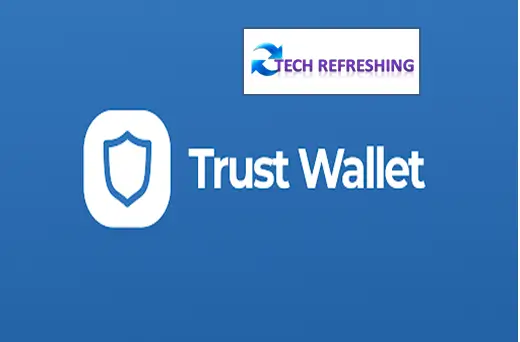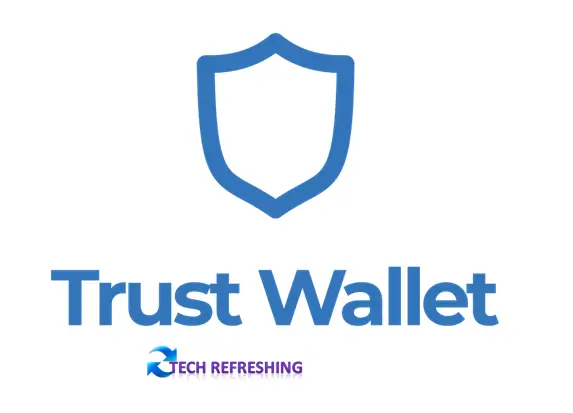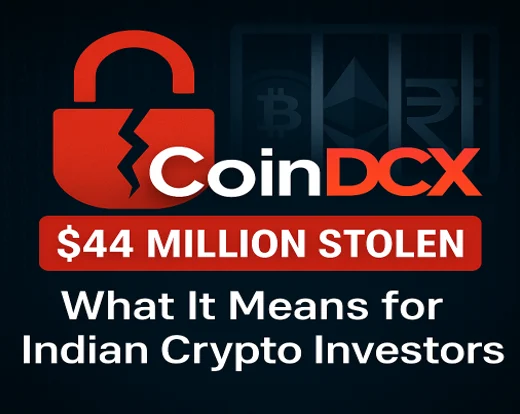
Non-custodial wallets such as Trust Wallet are generally considered to be a safe and secure way to store and manage your cryptocurrency assets. Trust Wallet is a mobile cryptocurrency wallet that allows users to store, manage, and exchange their digital assets.
It was initially developed as an Ethereum wallet but has since added support for over 70 plus blockchains and 8 million asserts, including Bitcoin, Litecoin, NFT and Binance Coin. Trust Wallet is known for its user-friendly interface and high security measures, making it a popular choice among crypto enthusiasts. It is the official wallet of Binance.

However, there are certain factors to consider in order ensuring the maximum level of security for your wallet.
The Benefits of Non-Custodial Wallets
A non-custodial wallet, like Trust Wallet, is a type of cryptocurrency wallet that allows you to hold and manage your own private keys. This means that you have complete control over your Crypto funds, rather than relying on a third party (such as an exchange) to hold and manage your assets for you. After FTX exchange crash it is important to store your crypto asserts in self custody.
There are several benefits to using a non-custodial wallet, including:
Full Control:
As mentioned, non-custodial wallets give you full control over your private keys, which means you have complete control over your assets. This is important because if anything were to happen to the third party that you have entrusted (Like FTX exchange) your funds to, you could potentially lose access to your assets.
Higher Security:
One of the biggest benefits of non-custodial wallets is that they offer a higher level of security compared to custodial wallets. With a custodial wallet, the private keys are held by a third party, which means that users are at risk of losing access to their assets if the third party is hacked or becomes insolvent. With a non-custodial wallet, users have complete control over their private keys, which means that they are the only ones who can access their assets.
Greater Privacy:
Non-custodial wallets also offer a higher level of privacy compared to custodial wallets. With a custodial wallet, users must trust the third party to handle their personal information securely. With a non-custodial wallet, users are not required to provide any personal information, which means that they can transact anonymously.
Ensuring the Security of Your Trust Wallet
While non-custodial wallets like Trust Wallet offer many benefits in terms of security and control, there are still some precautions you should take to ensure the maximum level of security for your wallet.
Here are some steps you can take to secure your Trust Wallet:
Enable 2-factor Authentication (2FA):
2FA is a security measure that requires you to provide an additional layer of authentication (such as a code sent to your phone) in order to access your wallet. This helps to prevent unauthorized access to your wallet, even if someone were to obtain your login credentials.
Useing Strong and Unique Passwords:
It’s important to use strong and unique passwords for all of your accounts, including your Trust Wallet. Avoid using the same password for multiple accounts and consider using a password manager to generate and store strong, unique passwords for you.
Trust Wallet Security Scanner:
This is an in-build feature which detects possible risks while buying and selling inside the wallet. Trust Wallet makes Web3 and Cryptocurrency as safe as possible. The app proactively sends alert according to risk via warning message.
Keep Your Device Secure:
Make sure to keep your device (such as your phone or tablet) secure by using a strong lock screen password and installing security updates regularly. This can help to prevent unauthorized access to your device, and therefore, your wallet.
Allways Take Back up your Wallet:
It’s important to regularly back up your wallet in case anything were to happen to your device. Trust Wallet allows you to back up your wallet using a 12-word recovery phrase, which you can use to restore your wallet in the event of a device loss or failure.
Hardware Wallet and Cold Wallet Support:
Trust Wallet supports cold wallets (wallets that are not connected to the internet) and hardware wallets (physical devices that store cryptocurrency) such as Ledger and Trezor. You can use Trust Wallet to manage your cold or hardware wallet by connecting them to your phone or computer through a USB connection.
Conclusion
Overall, non-custodial wallets like Trust Wallet are generally considered to be a safe and secure way to store and manage your cryptocurrency assets. However, it’s important to take steps to ensure the maximum level of security for your wallet, such as enabling 2FA, using strong and unique passwords, keeping your device secure, and regularly backing up your wallet. By following these precautions, you can help to protect your assets and ensure that your Trust Wallet remains secure.







